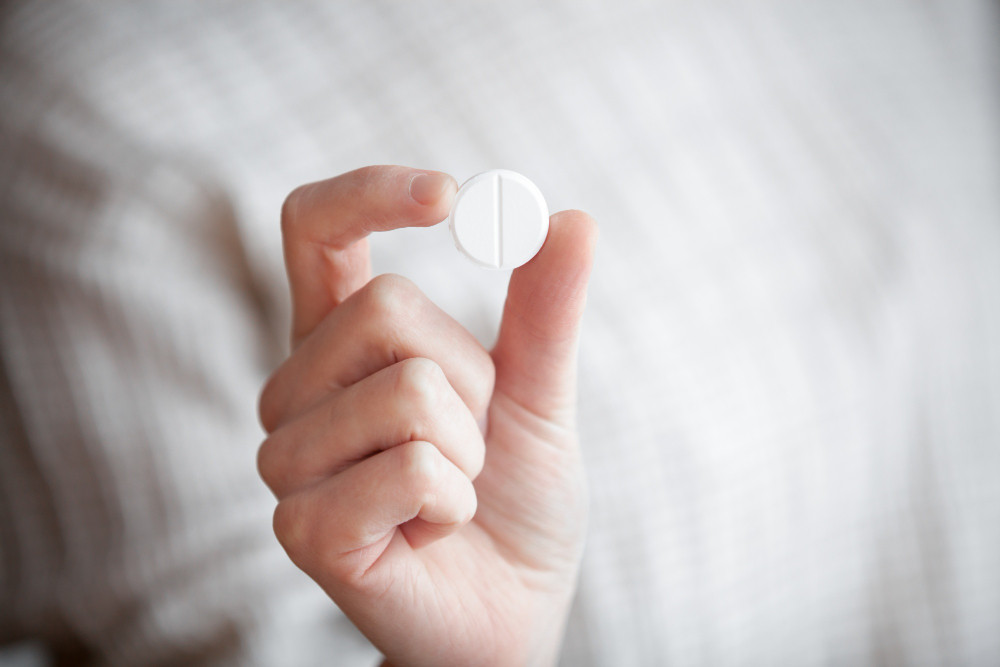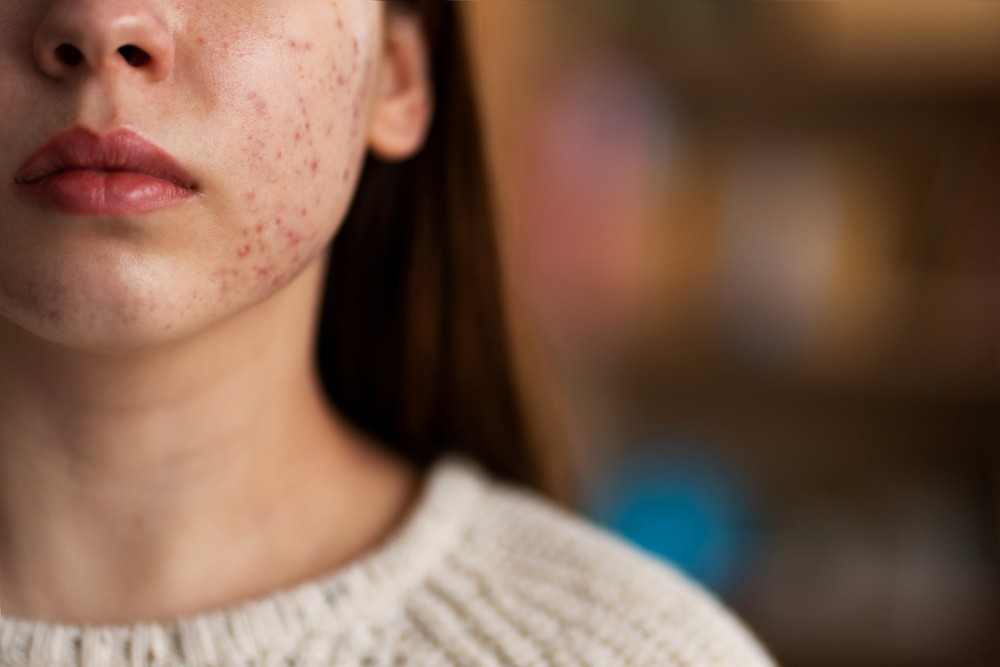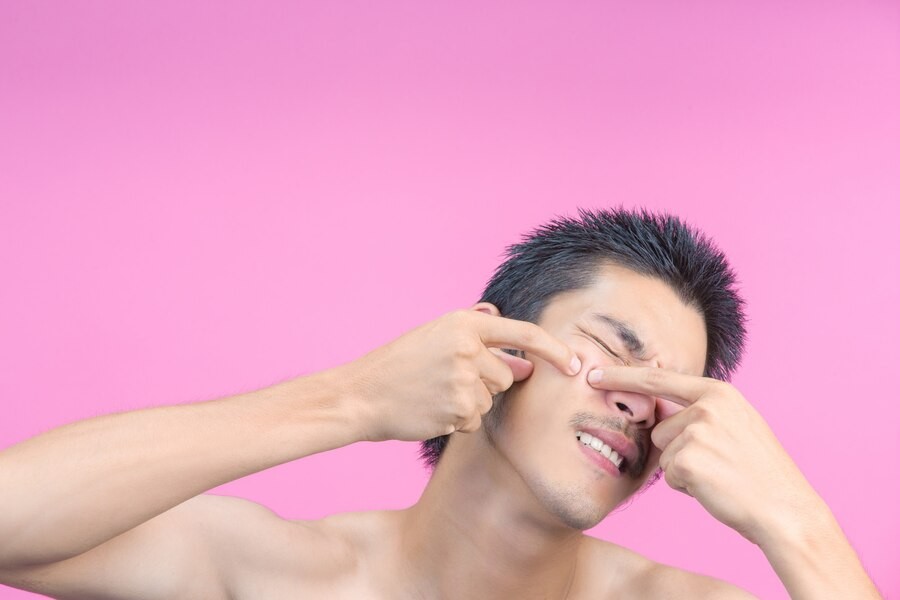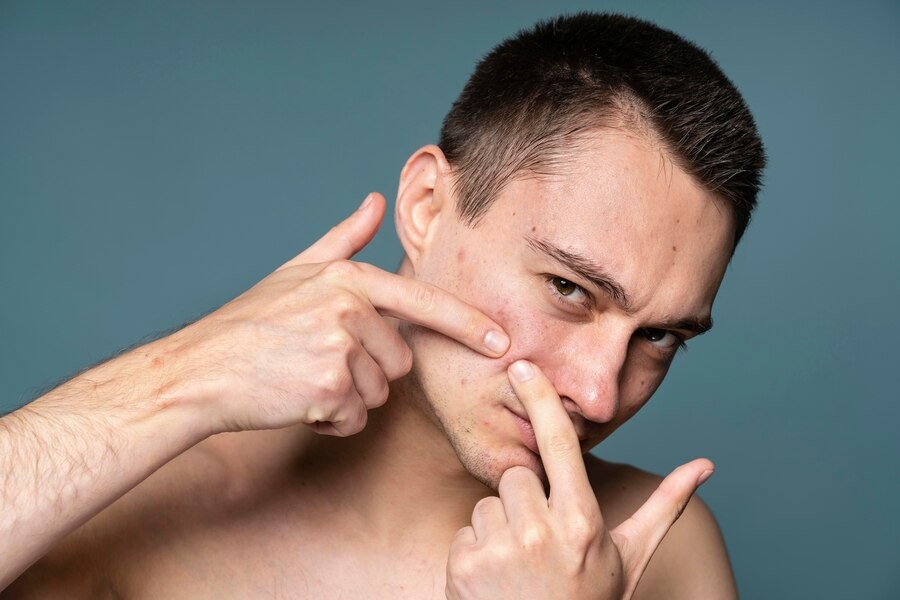Aspirin, also known as acetylsalicylic acid, is commonly used to treat pain, fever, and inflammation. It is widely used to treat headaches and reduce the risk of stroke and heart attack. Additionally, some people use aspirin as an acne treatment. Is aspirin effective for acne? Let us find out in the following article.
Research into aspirin and acne
Aspirin is frequently used to treat mild pain, reduce fever, and act as an anti-inflammatory and blood thinner. It is available over-the-counter without a prescription.
Acne is a common skin problem that causes inflammation in the pilosebaceous glands. Salicylic acid and benzoyl peroxide are two commonly used acne medications. Some acne treatments use aspirin as a spot treatment based on its acetylsalicylic acid content, which is similar to salicylic acid, an ingredient found in acne medications that reduces inflammation.
Here's how to use aspirin as an acne treatment:
- Crush several aspirin tablets.
- Mix the aspirin powder with 1 tablespoon of warm water to make a thick paste.
- Wash your face with a regular cleanser.
- Apply the aspirin paste directly to the pimple.
- Allow it to sit for 10–15 minutes.
- Rinse thoroughly with warm water.
Although this treatment has gained popularity on social media, experts say that research on the effectiveness of aspirin as a topical medication in treating acne is still limited.
According to Healthline, the American Academy of Dermatology (AAD) does not recommend aspirin for acne treatment. There is no evidence that aspirin can treat acne, so more research is needed before the AAD recommends it. Nonetheless, some dermatologists permit the use of aspirin to treat acne in emergencies.
The AAD recommends using other acne products specifically designed with acne-fighting and hydrating ingredients rather than aspirin. Here are some alternative acne medication ingredients:
- Benzoyl peroxide
- Topical retinoids
- Topical antibiotics
- Clascoterone
- Salicylic acid
- Azelaic acid
Side effects of aspirin for acne
Aspirin has few side effects when taken orally. However, when used topically, the most common side effects are dry skin and irritation, such as flaking or redness. You may be more susceptible to these effects if you use topical aspirin frequently.
After using topical aspirin, apply a moisturizer and sunscreen to reduce the side effects. Aspirin is a nonsteroidal anti-inflammatory drug (NSAID); if you are allergic to other NSAIDs such as ibuprofen or naproxen, avoid using aspirin.
Pregnant and nursing mothers should avoid taking any form of aspirin. If you get acne from hormonal changes during pregnancy, you should avoid using aspirin. Consult your doctor for recommendations on how to treat pregnancy-related acne properly.
Although many people use aspirin as an acne treatment, there is no evidence to support this practice. If you have stubborn acne, you should see a doctor.
If you need medical advice or consultation, you can either visit a doctor or make use of the consultation features that are available in the Ai Care application by downloading the Ai Care application from the App Store or Play Store.
Looking for more tips and health tricks, first aid, and home remedies? Click here!
- dr Nadia Opmalina
Fletcher, J. (2023). Can you treat acne with aspirin?. Available from: https://www.medicalnewstoday.com/articles/aspirin-for-acne
Spruch-Feiner, S. (2021). Aspirin for Acne: Helpful Hack or Internet Hoax?. Available from: https://www.byrdie.com/aspirin-for-acne-5084139
Seladi-Schulman, J. (2020). Can Aspirin Treat Acne?. Available from: https://www.healthline.com/health/aspirin-for-acne
Brazier, Y. (2023). Uses, benefits, and risks of aspirin. Available from: https://www.medicalnewstoday.com/articles/161255












